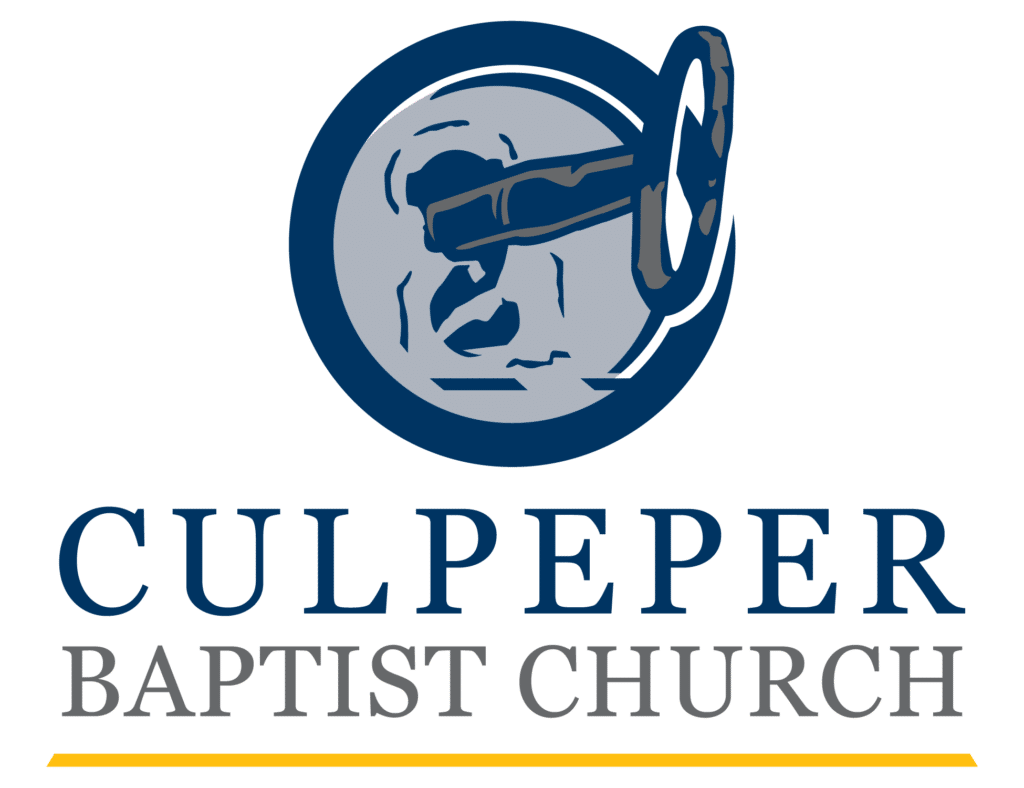Always Repenting
Before We Gather by Zach Hicks
| Scripture
Read Psalm 107:1-16, 39-43
| Devotion
Psalm 107 is a longer psalm. We just read the opening and closing sections, but we missed about half of it. We wanted to read enough of it, though, that we got its flavor and pattern. It’s a repeating psalm. After its preamble, it walks through four cycles, where it does the same thing over and over again. Here’s the pattern of those cycles:
- People were broken, sinful, and helpless.
- Then they cried to the Lord in their trouble, and he delivered them
- Let them thank the Lord for His steadfast love.
Four times it does this. Like a good, long, modern worship song, it has verses, a repeated chorus, and even a repeated second chorus. Each cycle has a slightly different theme, but they all share a pattern. Cycle 1 deals with the turmoil of anxiety and the resulting sense of starvation and desperation that flows from that (vv. 4-9). Cycle 2 deals with physical and spiritual slavery, which takes many forms today, including addiction (vv. 10-16). Cycle 3 deals with the crookedness of sin what the Bible calls “iniquity”-and the way it tends to bend and distort our desires and moral compasses (vv. 17-22). And Cycle 4, deals with suffering and loss, the kind of pain that happens when an afflicted world happens upon you (vv. 23-32).
In each cycle, there’s always the same response of the people: “Then they cried to the LORD.” And God likewise has a same response: “He delivered them.” And in response to that, there’s yet something else that the people do: they thank the Lord for his steadfast love. At the end of the psalm is a loaded final statement. It feels even a bit ominous, like it should be heard with some ech- oing reverb: “Whoever is wise, let him attend to these things; let them consider the steadfast love of the LORD” (v. 43).
Though at first blush it sounds like a warning, you real- ize it’s actually a blessed invitation: “Hey, if you’re smart about this about these cycles we just walked through you’ll stay there. Because if you stay there, well, that’s where you’ll find God’s love.” What’s the point of this psalm? We could sum it up in one statement; we never graduate from repentance. And that is a good thing.
In some Christian circles, sixteenth-century-reformer Martin Luther gets some fresh airtime every October because some five centuries ago in that month, the watershed moment that signaled the Reformation happened: Luther nailed his ninety- five theses to the door of the church in Wittenberg, Germany. Many Christians know of the event. But I wonder whether many Christians have read the ninety-five theses. You don’t need to get very far in reading them to hear something profound. In fact, the first thesis is worth the price of the whole thing.
The first statement of the ninety-five theses boils the Reformation rediscovery of the gospel down to its essence. It says this: “When our Lord and Master Jesus Christ said, ‘Repent’ (Matt. 4:17), he willed the entire life of believers to be one of repentance.”
What Luther meant by that, and what the cycles of Psalm 107 teach us, is that we never graduate from repentance. The great “work” of the Christian is always twofold: first, to confess our sin and need to God; and second, to cling to Jesus for everything. That, in a nutshell, is what repentance is.
Though Psalm 107 is a biblical worship song, it also teaches us an unassailable pattern for worship. A worship service, if nothing else, is simply a group of broken people walking through repentance together. Because the Christian life, in its essence, is daily repentance, so gathered worship, in its essence, is weekly repentance. Worship at its best is a distilled version of what our whole lives should be. And Jesus willed that our whole lives should be repentance.
And yes, this may be a challenge in two ways. For some of us, it may challenge the structure of our worship services. Perhaps we need to consider how to conform our services more to a structure of repentance – of confession, lament, and forgiveness. For others of us, it challenges the structure of our hearts. What is it that we really come to worship for? Do we come for a quick fix or an uplift? If it’s not deep, death-and-resurrection-style repentance, then there’s something to check. And there’s certainly something to pray for.
| Prayer
Aim your prayers in this direction:
- Pray for those who design, administer, plan, and lead worship services in your church. Pray that even their preparation might be marked by repentance.
- Ask the Holy Spirit in the upcoming service to lead people powerfully through the process of repentance.
- Pray for every worshiper-that their hearts would be soft, ready, and eager to pour out everything before the Lord.




